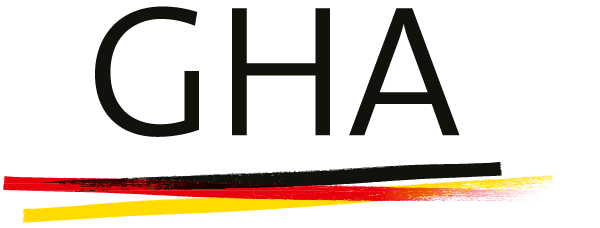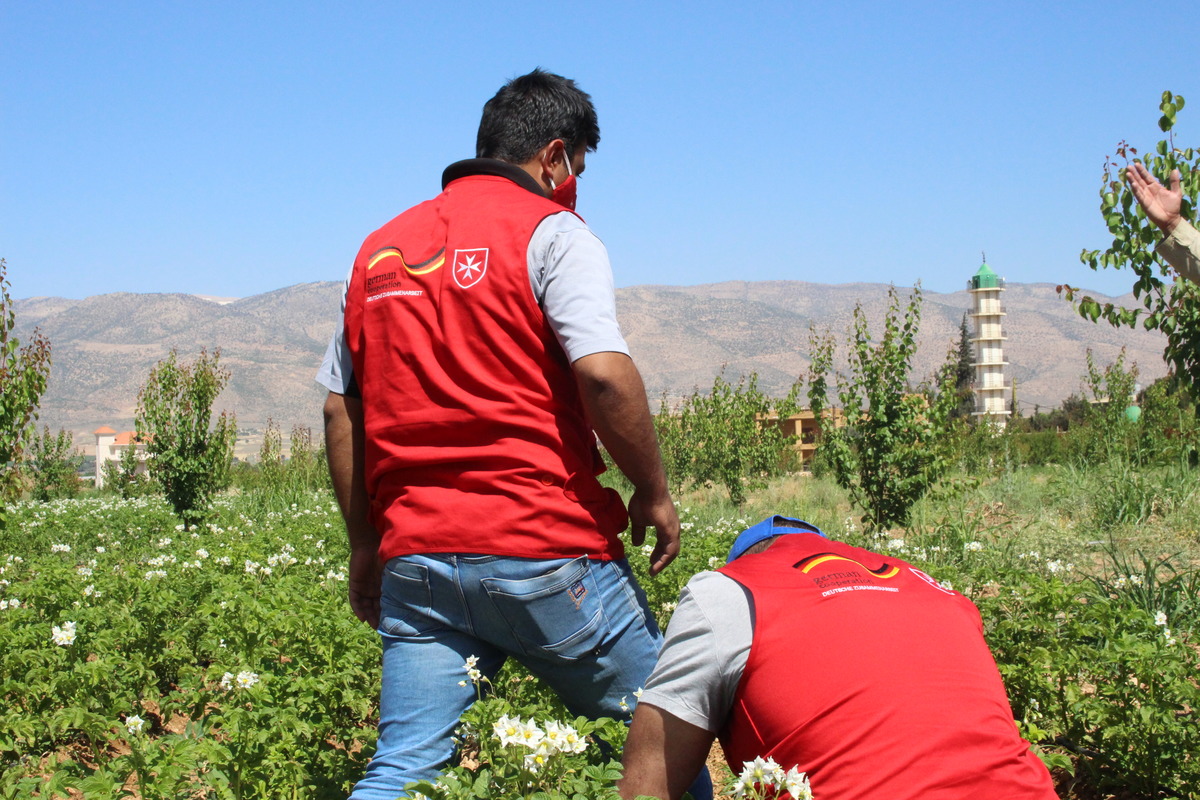Cologne. The consequences of the war in Ukraine are immense worldwide. And they are hitting people particularly hard who were already struggling with multiple crises before the Ukraine war, such as in Kenya or Lebanon. Until now, the main suppliers of wheat, corn, oil and fertiliser have been Russia and Ukraine. Due to the shortage, prices for staple food are rising and exacerbating existing crises. “The need for humanitarian aid has never been greater,” says Clemens Graf von Mirbach-Harff, Secretary General of Malteser International.
In Lebanon, for example, an economic crisis, high inflation and unemployment rates are now being compounded by a “wheat crisis”. Around 80 per cent of wheat imports until recently came from Ukraine. According to the government, wheat stocks last only one month. At the same time, flour products such as bread are the staple food of both the Lebanese population and the approximately one million Syrians who have fled to the neighbouring country.
The situation also continues to deteriorate in countries in East Africa such as Kenya. “In Kenya, the increased price of crude oil on the world market means that there is hardly any petrol available at the moment. It is becoming much more difficult for us to reach the people with our relief supplies. Humanitarian aid is especially important in northern Kenya. After the worst drought in decades, around 3.5 million people rely on aid. Although the war takes place in Europe, the people in Kenya suffer severely from its effects,” says Roland Hansen, Head of the Africa Department of Malteser International.
“We must not and will not forget the people who, although far away from this war, suffer the consequences. They too can die because of this war. If not by weapons, by hunger,” says Clemens Graf von Mirbach-Harff, Secretary General of Malteser International.
Malteser International supports the people in Lebanon to intensify their own production of staple food. In Kenya, Malteser International helps a local partner to adapt the population’s livestock farming to the new climate conditions.

